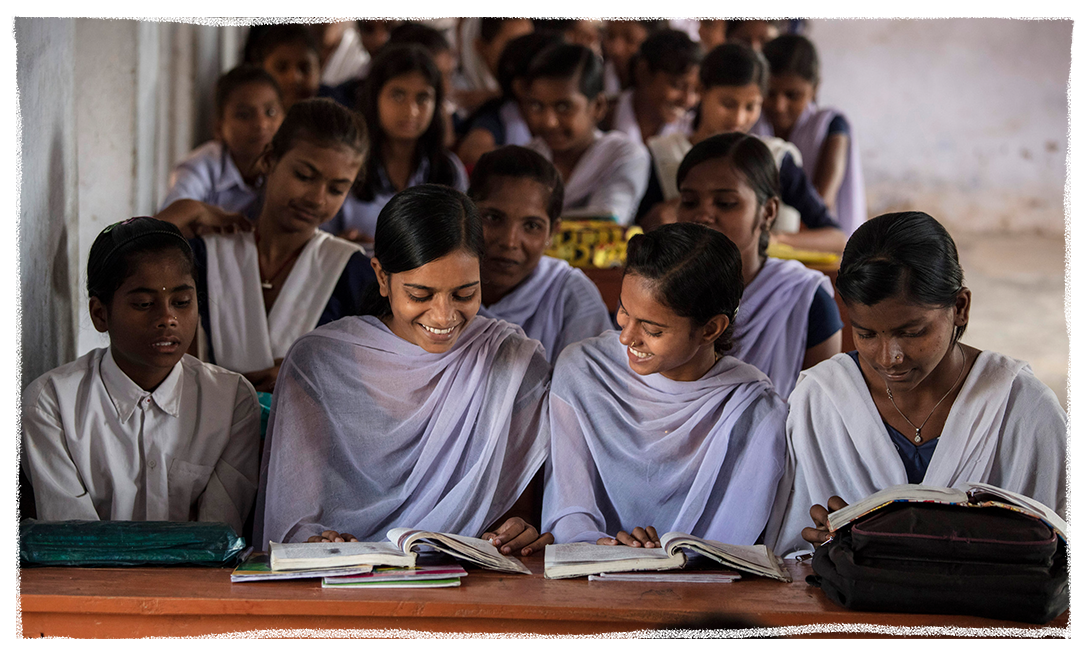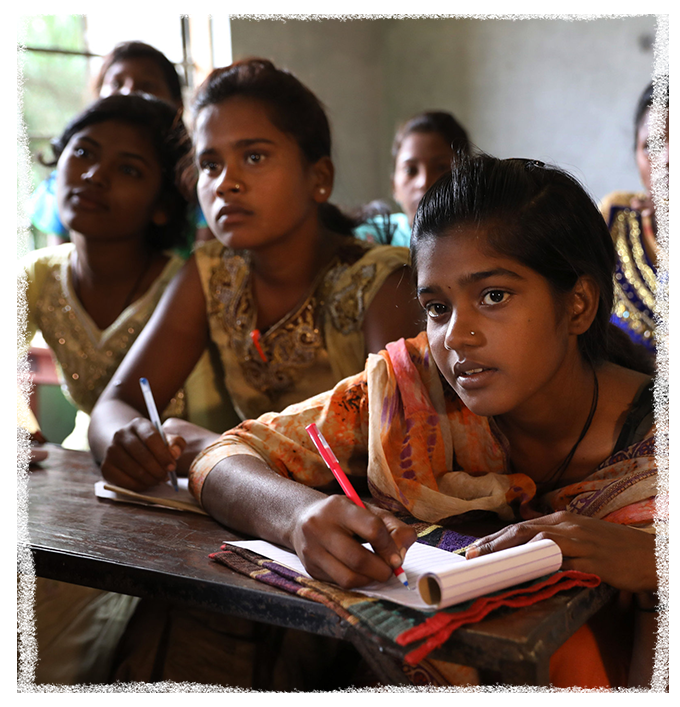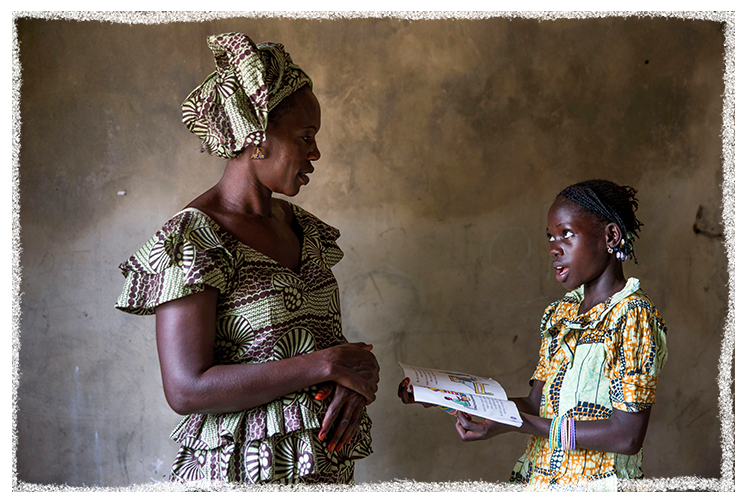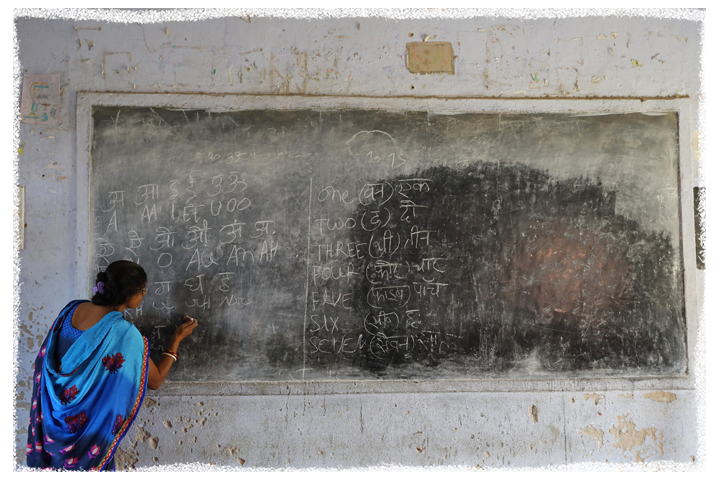Our core function is making grants to nonprofit organizations. We default to multi-year support and the least restricted form of grant that aligns with our strategy. In addition to core grants, we invest in the success of organizations through organizational effectiveness grants and support beyond our grant dollars — e.g. we open our networks, provide advice as requested, share best practices from other grantees, increase grantees’ exposure, share field resources like our monthly blog, etc. We accept that operating as a supportive grantmaker sometimes looks “boring” by traditional metrics. We share our approaches to philanthropy and create them as public goods in case others find them useful.



We see our role in quickening the pace of change in girls’ education as two-fold.
First, we catalyze work that promises to fast-track improved outcomes for girls. Our chosen accelerators address pivotal moments in a girl’s life: early childhood and adolescence. In early childhood, we focus on how support early in life lays the groundwork for later learning. In adolescence, we concentrate on the wide array of skills and mindsets that help girls succeed academically. For both of these critical windows of girls’ development, we build knowledge, advance practice and drive system change.
Second, we support a robust ecosystem in girls’ education, among implementers, advocates, researchers and champions, so that effective ideas can take root and thrive. Here, we seek to propel others to do more and better work for girls, while supporting a cadre of leaders across lower-income countries. Our work aims to not only increase funding for quality education but ensure that funding goes toward solutions that evidence tells us works for girls.
We prioritize investing in local leadership and supporting others’ visions for change rather than dictating what grantees should do. We aim to contribute without being controlling: we let grantees take the lead while also asking questions and offering advice where relevant and welcomed. We aspire to incorporate the voices of communities we seek to serve in our strategic planning processes. An Advisory Board of diverse experts in our sector provides advice and input on our strategy and work.
We invest time in understanding what grantees are trying to accomplish, the challenges they face, and the larger context of their work. We respect grantees’ time and are sensitive to the burdens we place on them: we do our homework, do not ask for information that we will not use, avoid bureaucracy, offer flexibility, and take pride in our responsiveness. We share information openly and transparently, including our grantmaking strategy, list of grantees, tools, practices, and lessons learned. We communicate proactively: we actively share information with one another, we encourage grantees to express challenges, if we are worried about performance we tell grantees directly, we say no to inquiries as soon as we know that’s the answer.
We ask for feedback and seek to continually learn as an organization and as individuals. We recognize the value of grantees taking measured risks, even if it means they will sometimes fail. Our response to failure is measured: what matters is learning from failure, not avoiding failure altogether.
Achieving diversity in our hiring, our decisionmaking, and our culture, is a priority. We recognize that there is a correlation between funding and power. We question our power and privilege and work to cede it to communities we hope will thrive. We recognize and try to correct for our biases as an organization based in the United States. As we learn more, we will seek to improve in every dimension, including with respect to integrating best practices in diversity, racial equity, and inclusion into our operations and approach.




We fund opportunities that fall within our strategy focus areas and meet the following parameters: are accountable to girls; focus on academic success; target pre-tertiary education in lower-income countries; and enable systemic change.
Given the size of our team and the targeted nature of our work, we rely on our network of advisors, fellow funders, trusted grantees, and experts in the field to source funding opportunities. For this reason, we do not have an open grantmaking process, nor are we are able to accept unsolicited grant requests.
If you would like to share exceptional work on the ground, or opportunities, organizations or research that are a close match to our priorities, please drop us a line (but just note that our small team size prevents us from responding to emails outside of these guidelines).
To see a list of our current grantees, click here.
Meet the team behind our strategy here.
Courtesy of Paula Bronstein/The Verbatim Agency/Getty Images. Some rights reserved.

